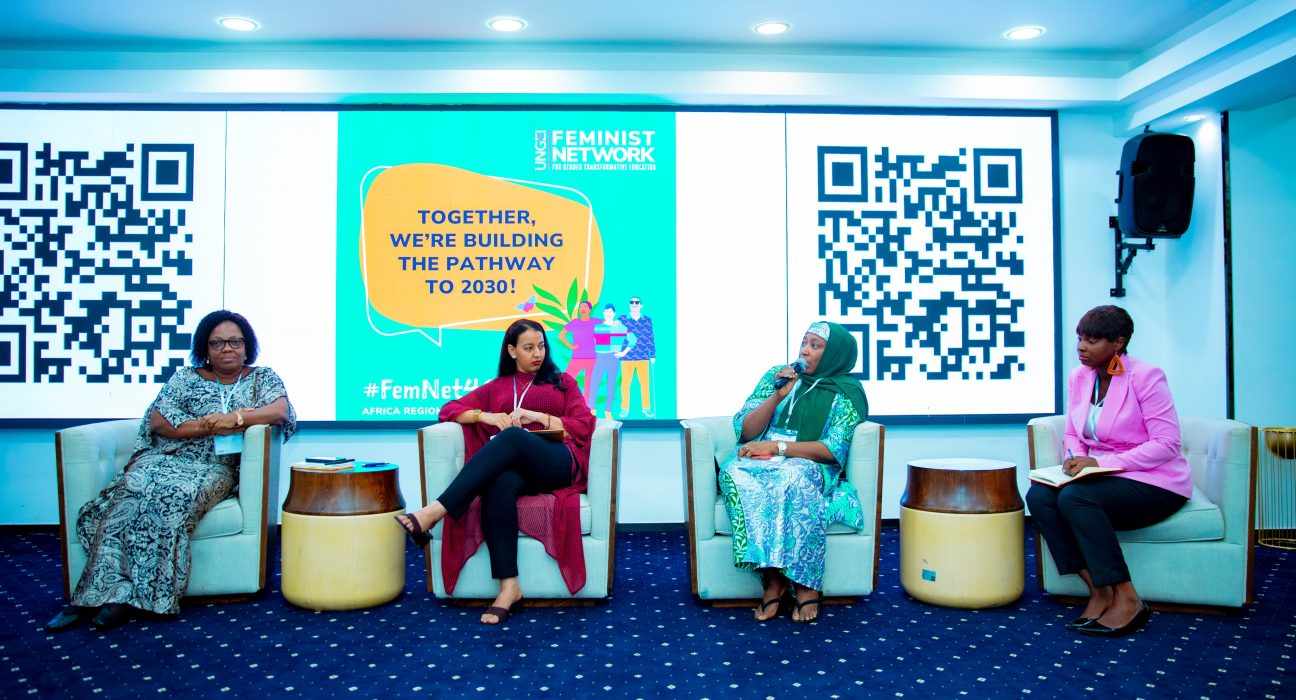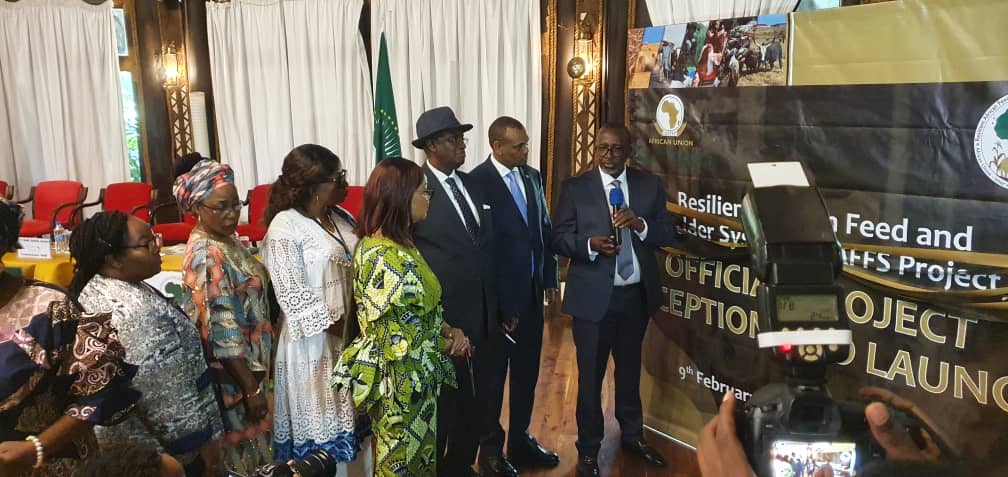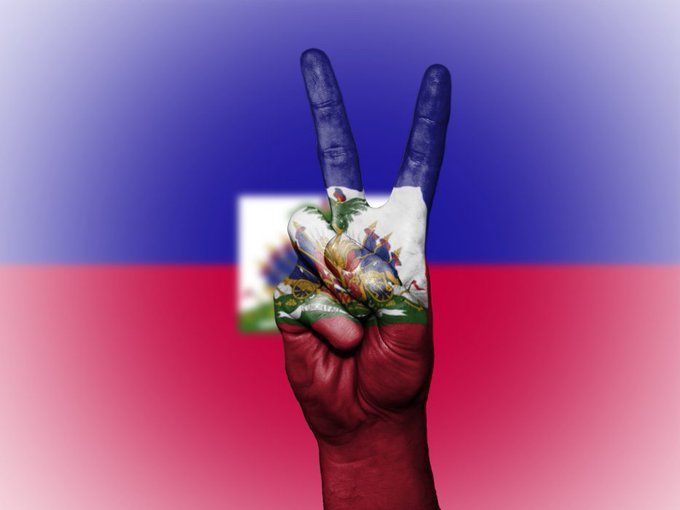By Eddah Waithaka
A powerful coalition of education advocates from across Africa is taking direct aim at the financial and cultural roadblocks that prevent millions of girls from receiving a quality education, declaring that well-intentioned policies are failing at the implementation level.
The FemNet4GTE Africa Regional Action Workshop officially kicked off, gathering over 20 civil society organizations from 17 countries.
The network pledged to co-create bold, actionable strategies to advance gender-transformative education (GTE), a holistic approach that uses education to change discriminatory gender norms and power structures.
“Solidarity is our strength. Education is justice. Let’s break gender norms and raise our voices so every issue is heard,” declared Lydia Madyirapanze, Executive Director of FAWE Zimbabwe, in her opening remarks.
The workshop identified a critical gap between progressive policies and their implementation. Participants agreed that while many African nations have strong policies on paper—guaranteeing re-entry for young mothers after pregnancy or promoting gender-responsive classrooms—a chronic lack of financing and resources stalls them.
“If policies are not resourced, then there is no way that school environments can change. There is no way that this teaching and learning process can be resourced,” Madyirapanze explained.
She detailed how under-resourced schools lack proper laboratories, textbooks, and digital tools essential for 21st-century quality education.
Beyond funding, the group highlighted deep-seated cultural challenges, including child marriage, teenage pregnancy, gender-based violence, and retrogressive norms that prevent communities from accepting policies like the re-entry of pregnant girls into school.
The network also focused on the classroom experience itself, arguing that a teacher’s method, language, and even seating arrangements can exclude girls.
“At FAWE we talk about gender responsiveness in the teaching and learning process,” Madyirapanze said. “A teacher’s comments can actually leave a girl child behind. A teacher’s seating arrangement in a classroom can actually leave the girl behind.”
Amina Usman, National Coordinator of FAWE Nigeria, emphasized the power of collaboration, asking, “How can a Network like this #FemNet4GTE support civil society to push and support governments to promote gender equality in and through education?”
Eduard Beukman of OXFIM framed the mission as a urgent moral imperative, challenging the group, “Can we, as advocates of GTE, work together to eliminate generational inequity?”
Over the next two days, the network will share best practices from across the continent to build a unified, powerful advocacy front. Their goal is to ensure education fulfills its promise as the great equalizer, creating a path for every African girl to not only access a classroom but to thrive and lead.







